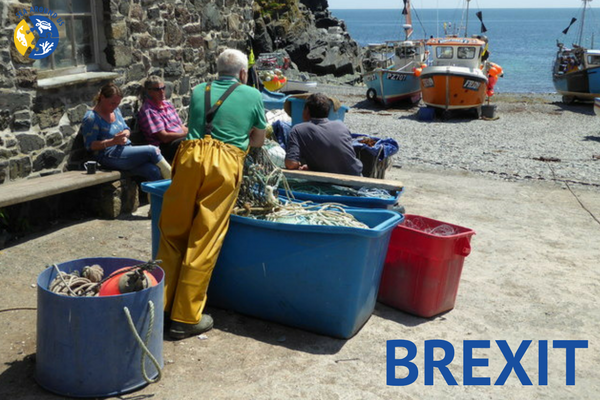The British press was all over them.
The day after they received the Ocean Award in the Science category, the Sea Around Us leaders, Daniel Pauly and Dirk Zeller, were bombarded with questions regarding their findings on declining fish stocks and their catch reconstruction research method.
Talking to the BBC, Pauly explained that the decline is due to overfishing. He also said that, in most countries, real catch numbers are 50 per cent higher than what is actually reported by official bodies, while in Europe the figure shrinks to about 30 per cent. “What is not counted (in Europe) is the fish that is discarded -and quite a big amount of fish is being discarded-, and about 10 per cent that is caught illegally and is not counted,” he said.
The next question was expected: Can the UK design and implement better fishery policies once it leaves the European Union?
Pauly’s answer was positive. He suggested a move towards the US’ model of rebuilding of fish stocks within fixed time periods. Two points are crucial for this to have a chance at succeeding: Rebuilding has to be 1) legally binding and non-negotiable, i.e. set in stone via legislation; and 2) override mechanisms for ministerial changes to science-driven quotas and rebuilding targets (as currently the case in the EU Common Fisheries Policy) have to be removed.
Following the interview with the public broadcaster, Pauly joined Zeller at London Zoo’s Huxley Lecture Theatre where they discussed the topic “What’s the real catch of the world – and what are the things preventing us from seeing it,” in a talk organized by the Turing Institute and the Blue Marine Foundation.
During the Q&A session, Pauly elaborated on his view of how Britain should manage its fisheries following Brexit.


